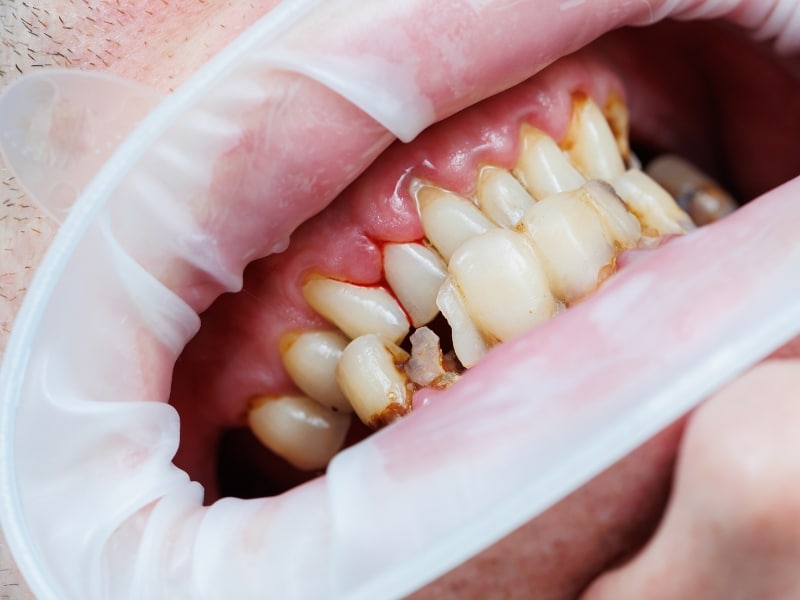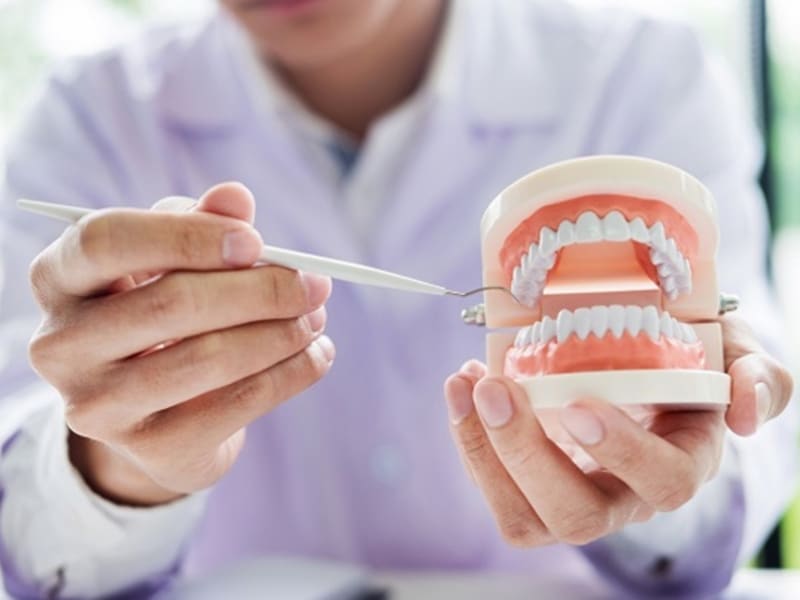Kids love to laugh and smile — and healthy teeth help them do just that. Yet more children today experience tooth decay and gum issues. Busy schedules, sugary snacks, and skipped dental visits make it harder to keep young teeth strong. Many parents overlook the importance of preventative dental practice in protecting their child’s smile. Regular dental check-ups and early treatments significantly reduce the risk of serious tooth or gum problems later. Unfortunately, many parents miss this crucial opportunity. This article explores how preventative dental care supports your child’s oral health, helping them maintain a bright, healthy smile now and into the future.
What factors contribute to rising oral disease rates today?
Why are more children having trouble with their teeth these days? Several key factors play a part:
- High sugar consumption from snacks and drinks can cause tooth decay. Many kids’ lunchboxes and beverages are full of hidden sugars.
- Poor oral hygiene habits, such as not brushing or flossing properly, allow plaque to build up. Over time, this can lead to gum disease and tooth decay, also known as cavities.
- Limited access to dental care means many families skip regular check-ups. Costs, distance, or busy schedules can get in the way.
- Stress and lifestyle factors can harm oral health. For example, some kids grind their teeth when stressed, wearing down enamel.
Neglecting preventative care often leads to minor problems escalating into more significant ones. By knowing these risks, you can help your child stay ahead of them.
Why do many people overlook the value of a preventive dental practice?
Some families may not visit the dentist until there’s a toothache — but that’s too late. Here’s why some parents skip preventative dental visits:
- Fear of dental procedures can affect both children and adults. Many children are nervous about visiting the dentist.
- A belief that occasional brushing is enough makes parents think their child doesn’t need extra care.
- Financial concerns make routine check-ups seem less critical. But treating tooth decay later is often more expensive.
- Lack of awareness about the long-term health benefits of preventive care. Many families don’t realise that good oral health protects a child’s whole body.
If dental anxiety is a challenge, understanding the effects of dental anxiety can help families choose a gentle dental practice for their kids.
Which dental problems are likely to worsen without early preventive care?
Without early care, minor problems in children’s teeth can become much bigger. Here are a few examples:
- Cavities can spread quickly in baby teeth and permanent teeth. Untreated cavities can cause pain and infection.
- Gum disease can start early and may lead to tooth loss or alignment problems later.
- Worn enamel, often caused by a poor diet or teeth grinding, makes teeth sensitive and prone to decay.
- Oral cancer is rare in children, but regular dental visits help spot any unusual changes early.
Often, dental problems cause little to no discomfort until they’re advanced. Regular check-ups help catch issues early, before they require complex treatments.

What treatments help a preventative dental practice deliver long-term results?
A preventative dental practice offers many helpful treatments for children, including:
- Professional teeth cleaning removes tartar and stains. Kids’ teeth stay brighter and healthier.
- Fluoride treatments make teeth stronger and fight decay. They’re beneficial for children prone to cavities.
- Fissure sealants protect the grooves on back teeth from trapping food and bacteria. Sealants are very effective for children’s molars.
- Custom mouthguards protect teeth during sports and help kids who grind their teeth at night.
- Oral cancer screenings help ensure that even rare conditions are detected and caught early.
Parents wanting to protect their child’s smile can explore reliable treatment options through a preventative dental practice.
Can lifestyle habits improve the results of preventive dental care?
Yes — your child’s daily habits can significantly improve their oral health. Here’s how to help:
- Limit sugary snacks and drinks — swap lollies and soft drinks for fruit, veggies, cheese, or water.
- Brush twice daily and floss once a day. Supervise younger children to ensure they brush properly.
- Stay hydrated with plenty of water. Water helps wash away acids and keeps teeth clean between meals.
- Avoid tobacco products entirely. Older children and teens should understand the risks of smoking or vaping.
Good daily habits, along with professional care, are key. You can also learn more about how preventive dentistry treatment protects your teeth and your child’s teeth through simple routines.
Does balanced nutrition play a key role in preventing dental disease?
Absolutely. Good nutrition helps build strong teeth and gums. Make sure your child’s diet includes:
| Nutrient | Oral Health Benefit | Example Foods |
| Calcium | Strengthens tooth enamel and bone | Dairy, leafy greens |
| Vitamin D | Helps the body absorb calcium | Salmon, egg yolks |
| Vitamin C | Supports gum tissue health | Citrus fruits, berries |
| Phosphorus | Maintains strong tooth structure | Fish, lean meats |
A poor diet can also add to the impact of poor oral health on overall well-being. Children with dental problems may miss school or avoid eating certain foods, which can impact their growth and learning.
When is the ideal time to schedule visits to a preventative dental practice?
Early and regular dental visits give kids the best chance at a healthy smile. Consider this timing:
- Twice-yearly check-ups help detect problems early and maintain good oral health.
- Extra visits for children during growth stages help ensure that their developing teeth and jaws remain healthy.
- Frequent cleanings may be recommended for children with braces or gum issues.
- Book sooner if problems appear — bleeding gums, tooth pain, or changes in bite should prompt a visit.
Good habits start young. Taking your child for preventative dental visits early in life helps establish a foundation for lifelong oral health.
Final thoughts
Preventive dental care offers simple yet powerful ways to protect your child’s teeth and gums. Teaching kids healthy habits and making regular dental visits a priority can save them from pain and costly treatments later.
When your family is ready to focus on prevention, you can speak to the team at Marsfield Dental Care about your dental needs.

